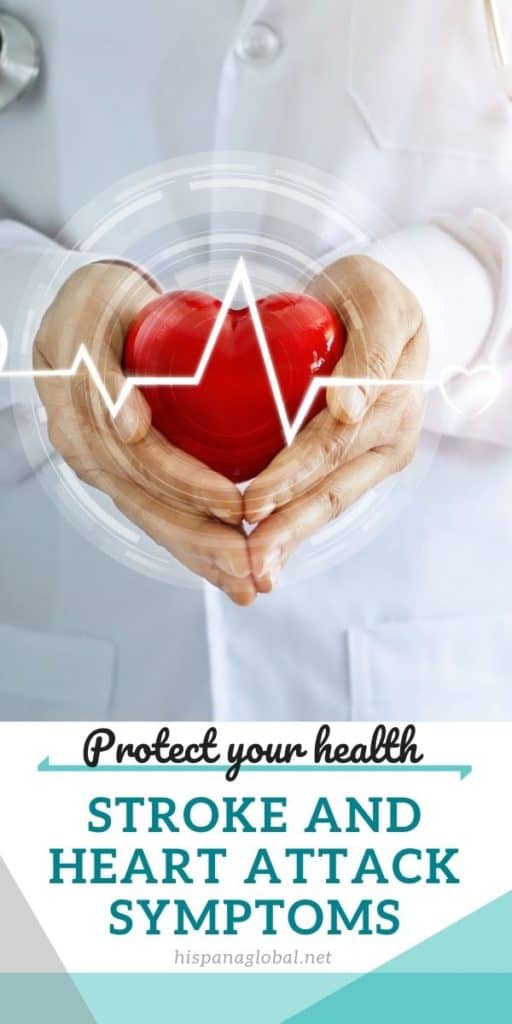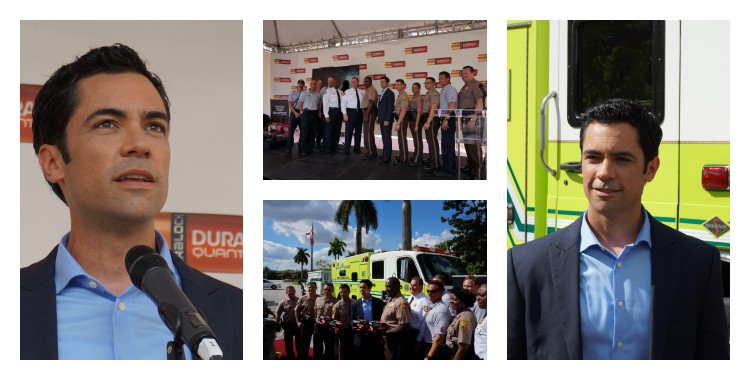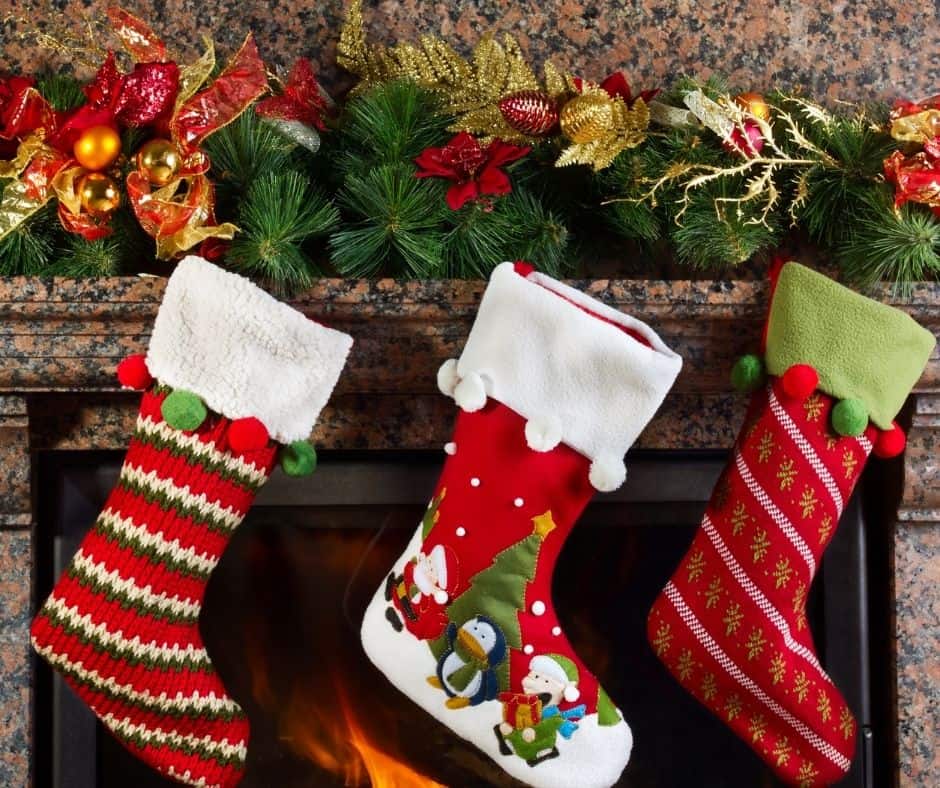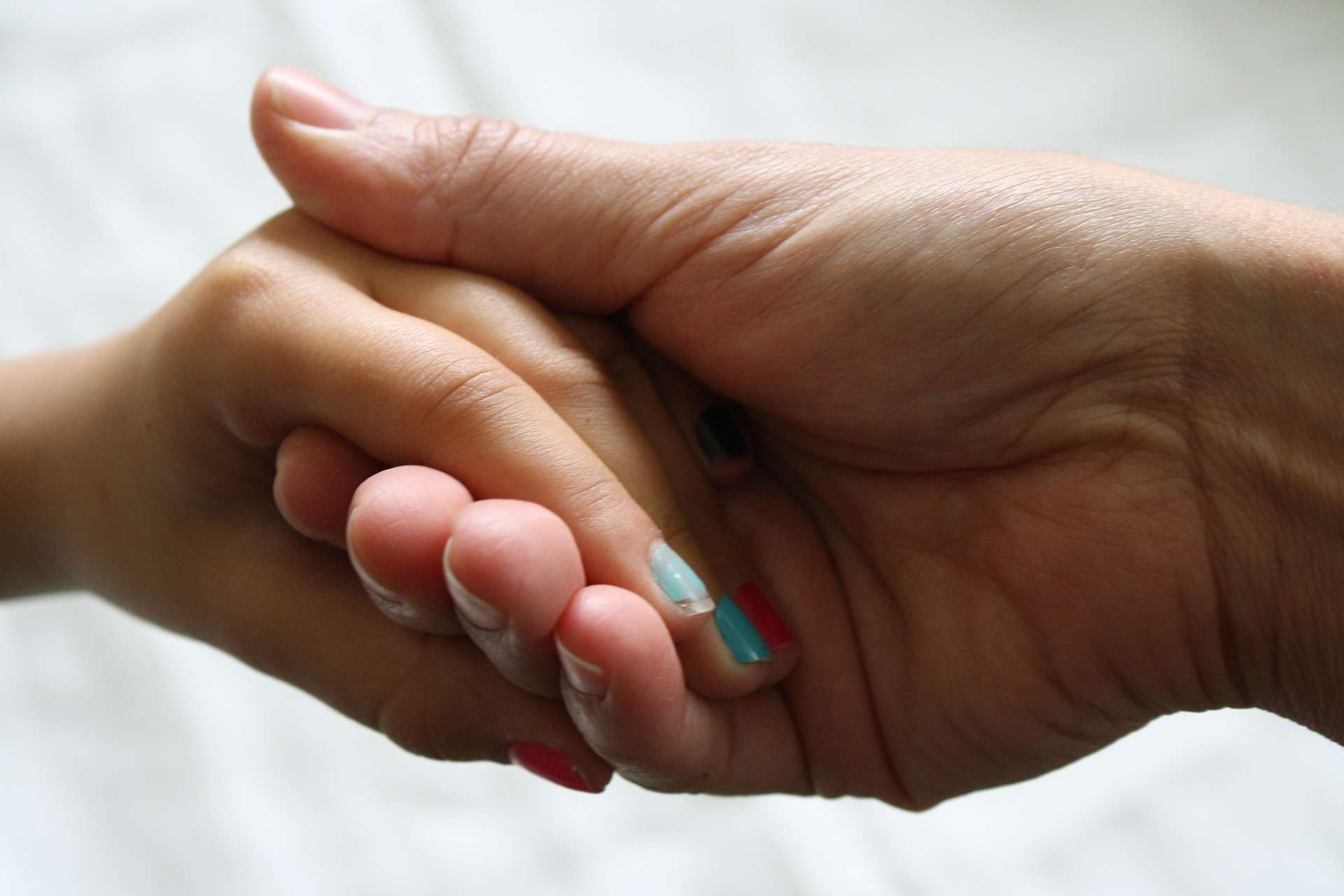Beware Of Stroke And Heart Attack Symptoms This Holiday Season
Regardless of how you celebrate this holiday season, there is something you should be aware of: stroke and heart attack symptoms.


“The increased incidents for both stroke and heart attack around the holidays has been studied for quite a while,” said Leo Huynh, D.O., chief of emergency medicine at Baptist Hospital. “A lot of it is preventable, as far as overindulgence of food, alcohol, as well as salt intake, which will put a big stress on the cardiovascular system.”
Strokes are quite common and require urgent care
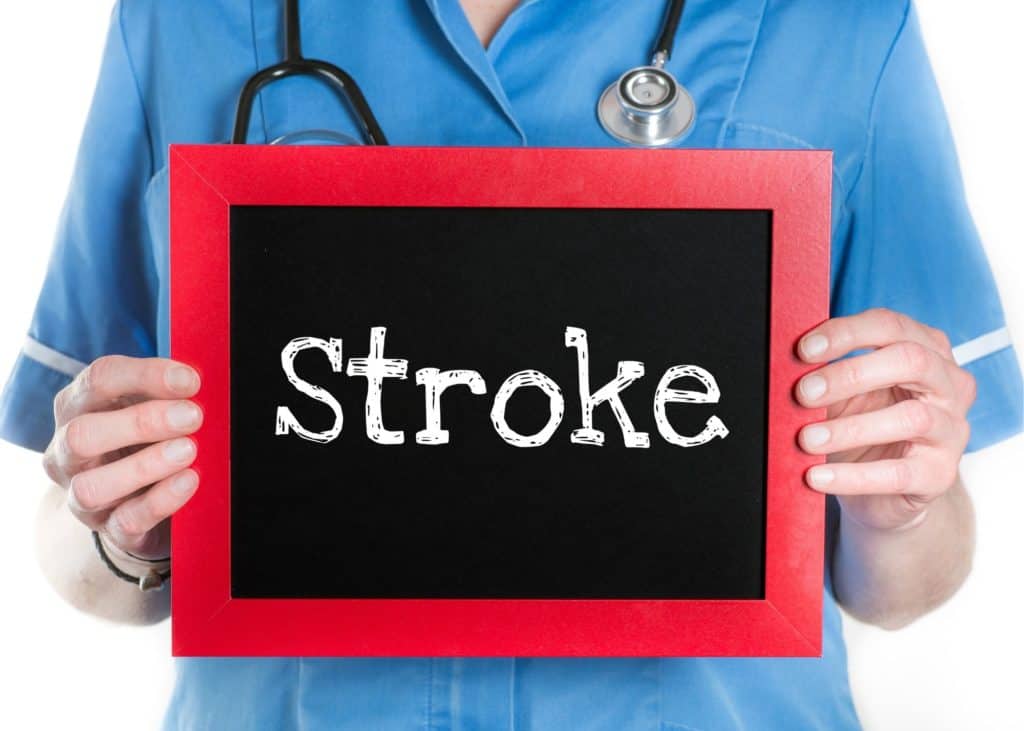
Dr. De Los Rios explains that strokes are very common. “Actually, one out of six people will have it in their lifetime. It’s the fifth leading cause of death. And what happens is the brain receives, needed oxygen and nutrients that come through the blood to survive. And when you have a stroke, there’s an interruption of blood flow to an area of the brain.”
Dr. Huynh says people should act as soon as they suspect something is wrong. “I think the most important thing regarding strokes as well as heart attacks is timely care. Certainly with COVID everyone’s a little more tentative in their daily life, but it’s really important to distinguish a medical event and they have to get immediate attention.”
He explains hospitals take special precautions like separating COVID patients versus the non-COVID patients right from the point where they enter the door. “It’s a separate process, separate waiting room. And we really worked hard to protect all the patients and all of our staff,” says Dr. Huynh.
Stroke and heart attack symptoms that merit urgent medical care
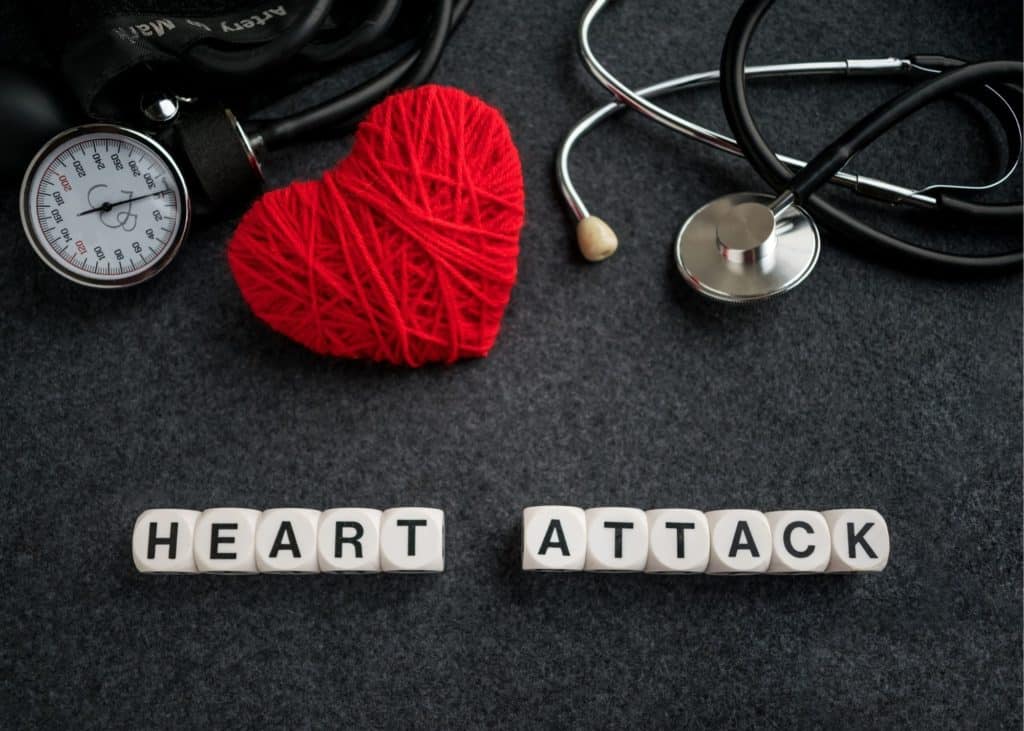
Dr. De Los Rios shares there is a simple way to detect about 70 to 85 percent of all stroke symptoms. Just remember the acronym FAST. “What it stands for is F is for face. So you can have facial weakness, one side of the face looks more droopy than the other. A is for arm. So there’s arm weakness, arm or leg weakness. Usually one side. The S is for speech changes, any speech change, meaning it’s a little slurred or the person doesn’t understand language or can’t speak normally. And then the T is for time.”
Tips from the doctors to stay healthy this holiday season
- Drink in moderation: “Alcohol and binge drinking really increases the risk of stroke and heart attack as well as accidents and all other sorts of things,” explains Dr. De Los Rios.
- If traveling, don’t let anxiety to take over. “Don’t get overanxious with traveling and plan ahead, make sure you have enough medication supplies to last the whole trip.”
- Be proactive with your health. “Be aware of the protections that you need during these COVID times, because it’s not just COVID. I mean, stroke risk goes up with all sorts of infections,” says Dr. De Los Rios.
- Don’t overindulge. Excess food, alcohol, and salt intake put a big stress on the cardiovascular system, explains Dr. Huynh.
Finally, Dr. Huynh reminds us to keep an eye on ourselves and our loved ones. “Listen to your body, pay attention to those around you, I think that will keep everyone a little safer. In this day and age there’s a lot of access to medical care. So, certainly do not be afraid to seek medical care because it could save your or your family member’s life.”
For more information about stroke and heart disease, visit Baptist Health South Florida’s blog.

